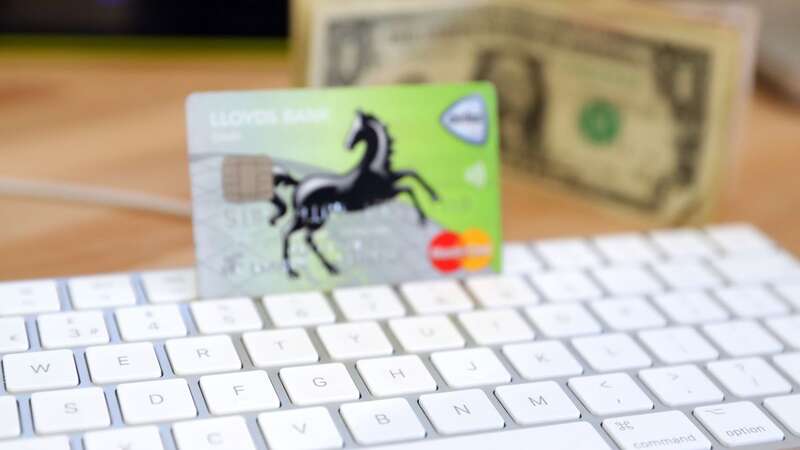
Lloyds Bank has revealed that holiday scams are costing victims an average of £765.
The bank's data shows that individuals aged 35 to 44, often booking trips for their families, constitute more than a quarter (27%) of the victims. According to Lloyds, flight tickets are the most common counterfeit item sold in relation to holidays.
Fraudsters utilise social media and booking websites to deceive people. The bank says that the increased flight costs following the coronavirus pandemic have led people to search for cheaper deals on social media and lesser-known websites.
Scammers create bogus ads for cheap flight deals or trick unsuspecting victims by pretending to sell airline tickets they can no longer use themselves. They offer a low price and request a fee to change the name on the ticket.
Once the money is transferred, the scammer vanishes, leaving the victim without a ticket and out of pocket. Lloyds reports that the next most commonly reported fake item related to holidays is the offer of caravans for sale.
 Pub owner's epic response to customer's moan about dog 'ruining' meal in boozer
Pub owner's epic response to customer's moan about dog 'ruining' meal in boozer
Prospective buyers hoping for their own motorhome or static caravan are offered a bargain price, but may be viewing photos of a vehicle copied from elsewhere online. Fraudsters also advertise non-existent holiday rentals with fabricated photos or images stolen from other listings.
Fraudsters are targeting holidaymakers by creating fake rental websites and asking victims to pay for their accommodation offline. Victims may make an initial deposit on a legitimate website, but fraudsters will then ask for further payments via bank transfer before disappearing.
In some cases, victims have turned up at their holiday destination only to find the address is fake or the property is occupied by someone else.
Lloyds Bank's fraud prevention director, Liz Ziegler, said: "Always take the time to think about purchases you make online, and when in doubt, always book through a trusted retailer. When it comes to booking stays, always use your card and don't be fooled by hosts asking you to ignore the website's rules and transfer money directly to them."
Airbnb has teamed up with online safety experts Get Safe Online to help protect customers. The website has safeguards in place, including secure payment processes, to protect stays booked on its platform. Airbnb encourages consumers to report suspect websites or phishing emails for investigation and works with third parties to report them for further action.
Amanda Cupples, general manager for the UK and Northern Europe at Airbnb, said: "As people take advantage of the upcoming bank holidays, travellers should remain vigilant when browsing for their trips online and book directly with trusted providers." We encourage all of our guests to book, communicate and pay for their stay on the Airbnb platform, where we have secure processes and support measures like AirCover in place to help keep our community safe."
Tony Neate, chief executive of Get Safe Online, said: "Many of us book our holidays online, and it is so important that we can do so safely, securely and with confidence Two top pieces of advice to remember when booking trips and travel online if a deal seems too good to be true, then it probably is, and, if you're booking with Airbnb, always stay on the platform when searching for a property and making payments."
Here are some tips to follow to avoid being a victim of a holiday scam:
1. Purchase tickets and hotel stays from trusted retailers or directly from the airline or hotel.
When booking stays, look for valid reviews on websites such as Tripadvisor.
 Italian restaurant owner erupts at one star review - 'come get your money back'
Italian restaurant owner erupts at one star review - 'come get your money back'
2. Paying by card can offer added protection if something goes wrong.
3. Pay through booking websites' own systems. If you receive an apparent message from the hotel regarding additional payment, following the original booking confirmation, don't proceed with the payment without contacting the website or hotel directly using the contact details available on their official website.
4. Exercise caution while interacting on social media. For example, before paying any deposit for a caravan or motorhome, always ensure to see the item in person.
5. If a seller is trying to rush you, or bombarding you with messages, take a step back and question whether this is pressure selling.
6. Pay attention to warnings from your bank. Your bank is likely to provide a warning when you set up a new payee or make an unusual payment. Be sure to follow any advice provided.
Read more similar news:
Comments:
comments powered by Disqus
































